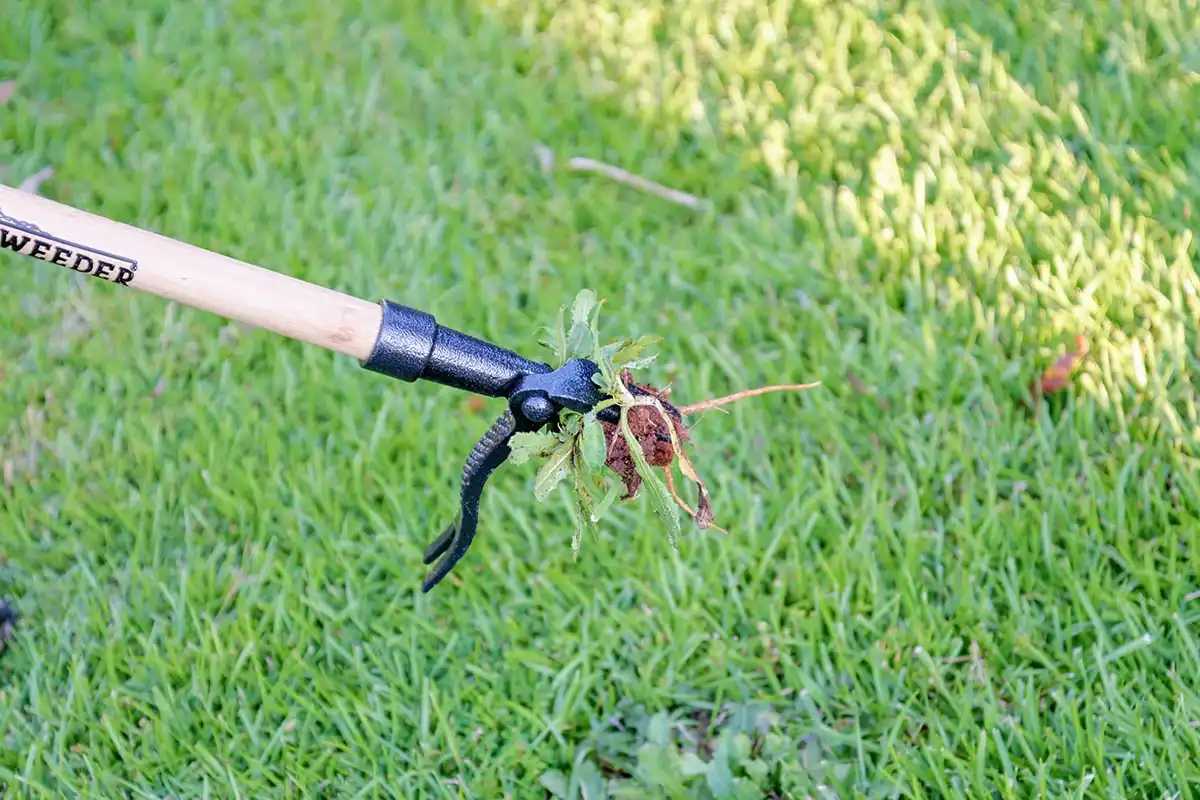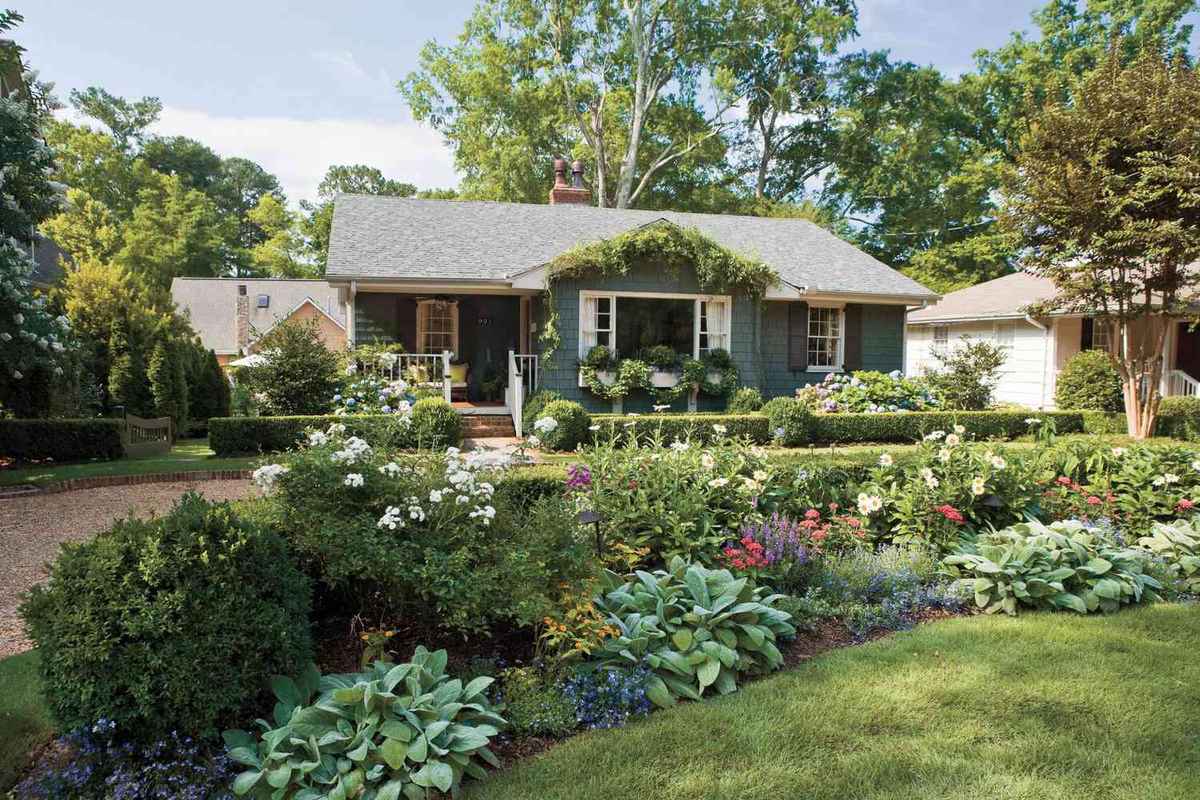Yard care takes a lot of time and hard work, not to mention the amount of money that you need to shell out to create aesthetic landscaping. Instead of spending your hard-earned money on expensive landscaping services, why not try unique and sustainable yard care?
Sustainable yard care is a method of caring for your yard in an environmentally responsible way that lessens your influence on the environment and helps you save time and money. Among the advantages of sustainable yard maintenance are:
- It safeguards natural resources including soil, water, and biodiversity.
- It stays away from harmful substances like pesticides, herbicides, and fertilizers.
- It lessens trash, including plastic bags, leaves, and lawn clippings.
- It produces a beautiful, healthy landscape that benefits both people and animals.
Among the sustainable yard maintenance techniques are:
- Choosing plants that are native to or adapted to your region’s climate and soil types.
- Applying mulch to tree and garden areas to keep the soil wet and keep weeds at bay.
- Using drip irrigation, rain barrels, or timers to water plants sparingly.
- Cut down on mowing by allowing grass to grow longer or by substituting groundcovers or decorative grasses for it.
- Composting your organic waste to produce natural plant fertilizer.
- Planting a variety of blossoms, bushes, and trees to entice pollinators and helpful insects.
The following are the best practices for sustainable yard care or landscaping.
- Avoid synthetic pesticides, herbicides, and fertilizers since they can affect the land, water, and animals by choosing organic alternatives.
- Cut back on the amount of grass you have and replace it with shrubs, ornamental grasses, or low-maintenance groundcovers.
- Water wisely and effectively and prevent water waste, use drip irrigation, rain barrels, or timers. To foster deep root development and drought resistance, water deeply and sparingly. Water should be used in the early morning or late at night to prevent evaporation.
- Retain rainfall. To collect and filter rainwater on your property, use rain gardens, swales, or permeable pavers.




